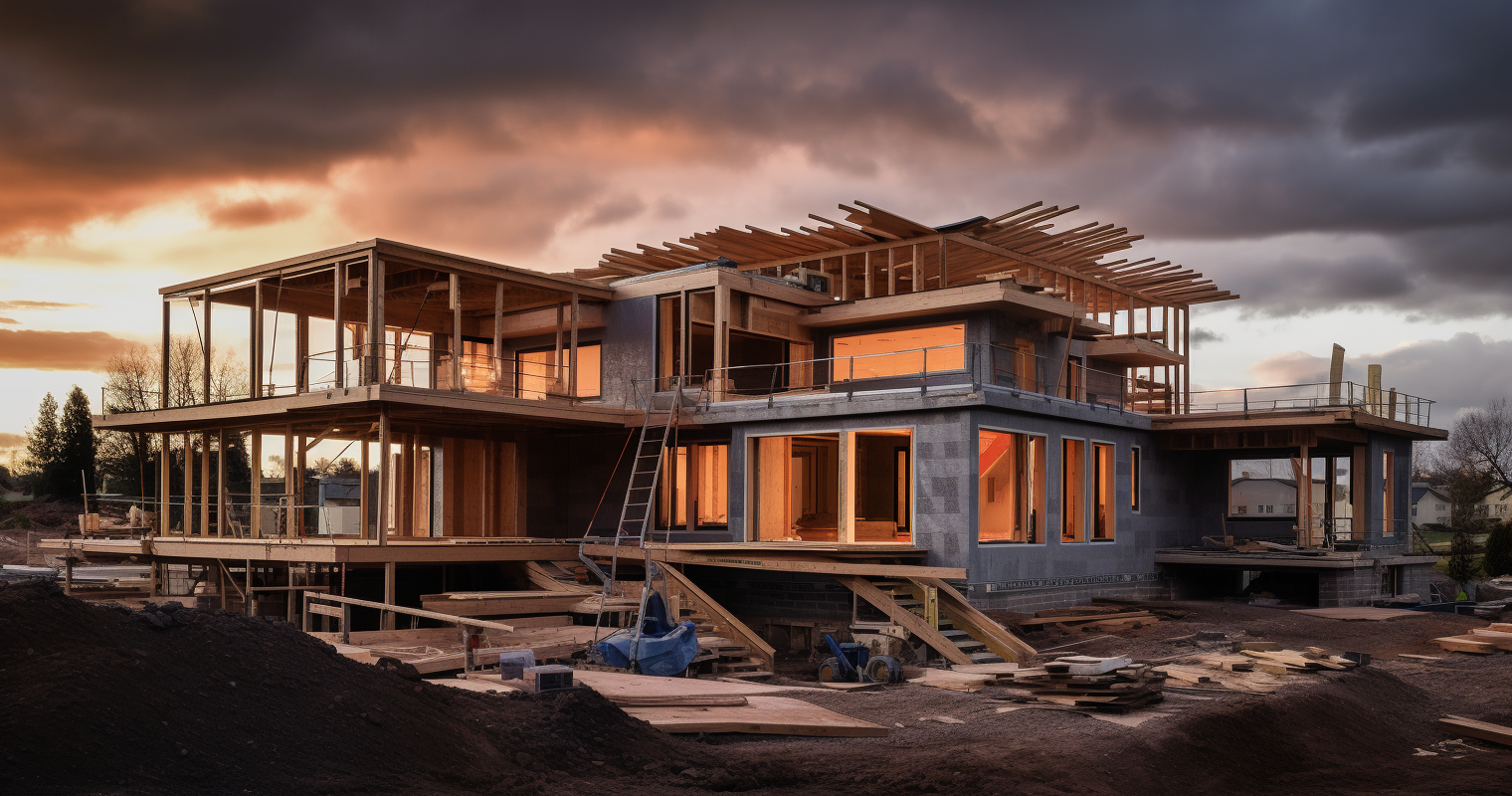Planning Permission
In the United Kingdom, it is necessary to apply for planning permission before building or renovating a property. The procedure includes the following steps:
- Obtain a land survey and soil test from a registered engineer or architect
- Submit the land survey and soil test, along with other necessary documents, to the local council
- The local council will review the documents and issue a planning permission if all requirements are met
Listed Building Status and Conservation Areas
In the United Kingdom, listed building status, conservation areas, and preservation orders are overseen by Historic England, Historic Scotland, or Cadw in Wales. Listed buildings and conservation areas are protected by law, and any building or renovation work must be approved by the relevant organisation. Preservation orders can be issued by the local council, and any work on a property subject to a preservation order must be approved by the council.
Finding Reliable Builders
To find reliable, trustworthy builders in the United Kingdom, it is recommended to look for builders who belong to a professional organisation. One such organisation is the Federation of Master Builders (FMB), which can be contacted at:
- Address: 10-14 St Mary at Hill, London, EC3R 8EE
- Phone: 0800 313 4646
- Email: enquiries@fmb.org.uk
- Website: https://www.fmb.org.uk/
Permits and Licenses
When building or renovating property in the United Kingdom, it is important to obtain the necessary permits and licenses. These may include a planning permission, a building control approval, and a party wall agreement. The specific permits required will depend on the nature of the project and its location.
Finding a Local Architect
To find a local architect in the United Kingdom, it is recommended to look for architects who belong to a professional body. One such body is the Royal Institute of British Architects (RIBA), which can be contacted at:
- Address: 76 Portland Place, London W1B 1NT
- Phone: +44 (0)20 7580 5533
- Email: info@riba.org
- Website: https://www.architecture.com/
Pitfalls When Buying Land
When buying land in the United Kingdom, it is important to be aware of potential pitfalls related to planning permission and boundaries. It is recommended to work with a lawyer who is familiar with the local laws and regulations. It is also important to obtain a land survey to ensure that the boundaries of the property are clearly defined. Additionally, it is important to check that the land is zoned for the intended use, as some areas may have restrictions on the type of development allowed. Other potential issues include easements, restrictive covenants, and rights of way.

